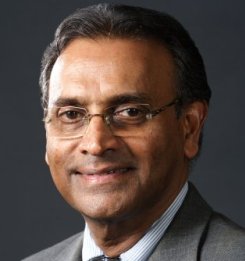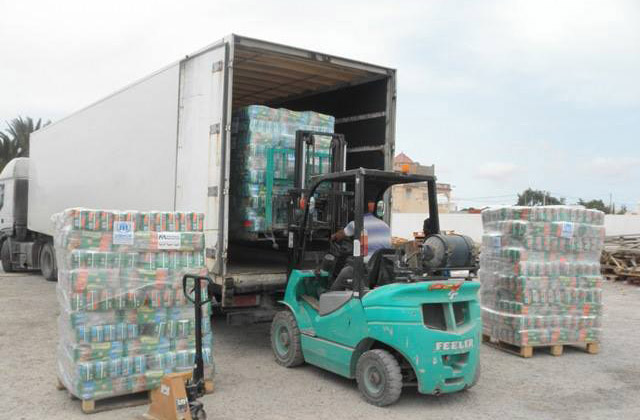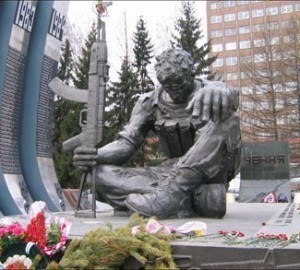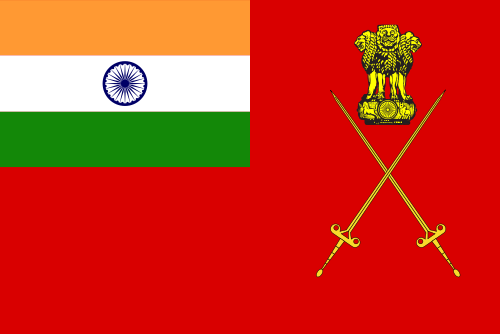By Shastri Ramachandaran* | IDN-InDepth NewsAnalysis
MUMBAI (IDN) – In sharp contrast to the ongoing dissection — in the West and West Asia — of the ISIS, its roots, its growing appeal, the dangers it poses and ways in which it can be confronted and countered, in India there is a deafening silence.
The government and political parties act as if the threat would go away if they don’t talk about it. We make do with bombast about the patriotism of Muslims in India, and do not debate what the threat is about. The ISIS is not a challenge to any one community or country. It is a phenomenon attracting adherents from unlikely quarters in the West; from the very countries that have joined hands to militarily crush the ISIS.







